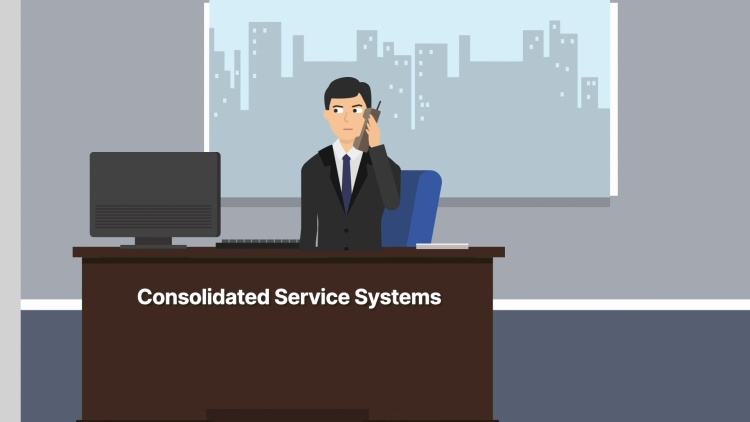Equal Employment Opportunity Commission v. Consolidated Service Systems
United States Court of Appeals for the Seventh Circuit
989 F.2d 233 (1993)

- Written by Sara Rhee, JD
Facts
Consolidated Service Systems (Consolidated) (defendant) was a small janitorial-and-cleaning company in Cook County, Illinois. Consolidated was owned by a Korean immigrant, Mr. Hwang, who relied primarily on word-of-mouth referrals to hire new employees, particularly from the immigrant community of which Mr. Hwang was a member. Between 1983 and 1987, individuals of Korean origin made up 73 percent of Consolidated’s applicants and 81 percent of Consolidated’s new hires. During this time, individuals of Korean origin made up less than 1 percent of the general workforce and about 3 percent of the janitorial-and-cleaner workforce in Cook County. In 1985, the Equal Employment Opportunity Commission (EEOC) (plaintiff) sued Consolidated on the ground that Consolidated’s practice of relying on word-of-mouth referrals to obtain new hires was discriminatory in favor of individuals of Korean origin in violation of Title VII of the Civil Rights Act of 1964. The district court found that the EEOC had failed to prove discrimination by Consolidated in favor of individuals of Korean origin and dismissed the case. The EEOC appealed.
Rule of Law
Issue
Holding and Reasoning (Posner, J.)
What to do next…
Here's why 899,000 law students have relied on our case briefs:
- Written by law professors and practitioners, not other law students. 47,000 briefs, keyed to 994 casebooks. Top-notch customer support.
- The right amount of information, includes the facts, issues, rule of law, holding and reasoning, and any concurrences and dissents.
- Access in your classes, works on your mobile and tablet. Massive library of related video lessons and high quality multiple-choice questions.
- Easy to use, uniform format for every case brief. Written in plain English, not in legalese. Our briefs summarize and simplify; they don’t just repeat the court’s language.





